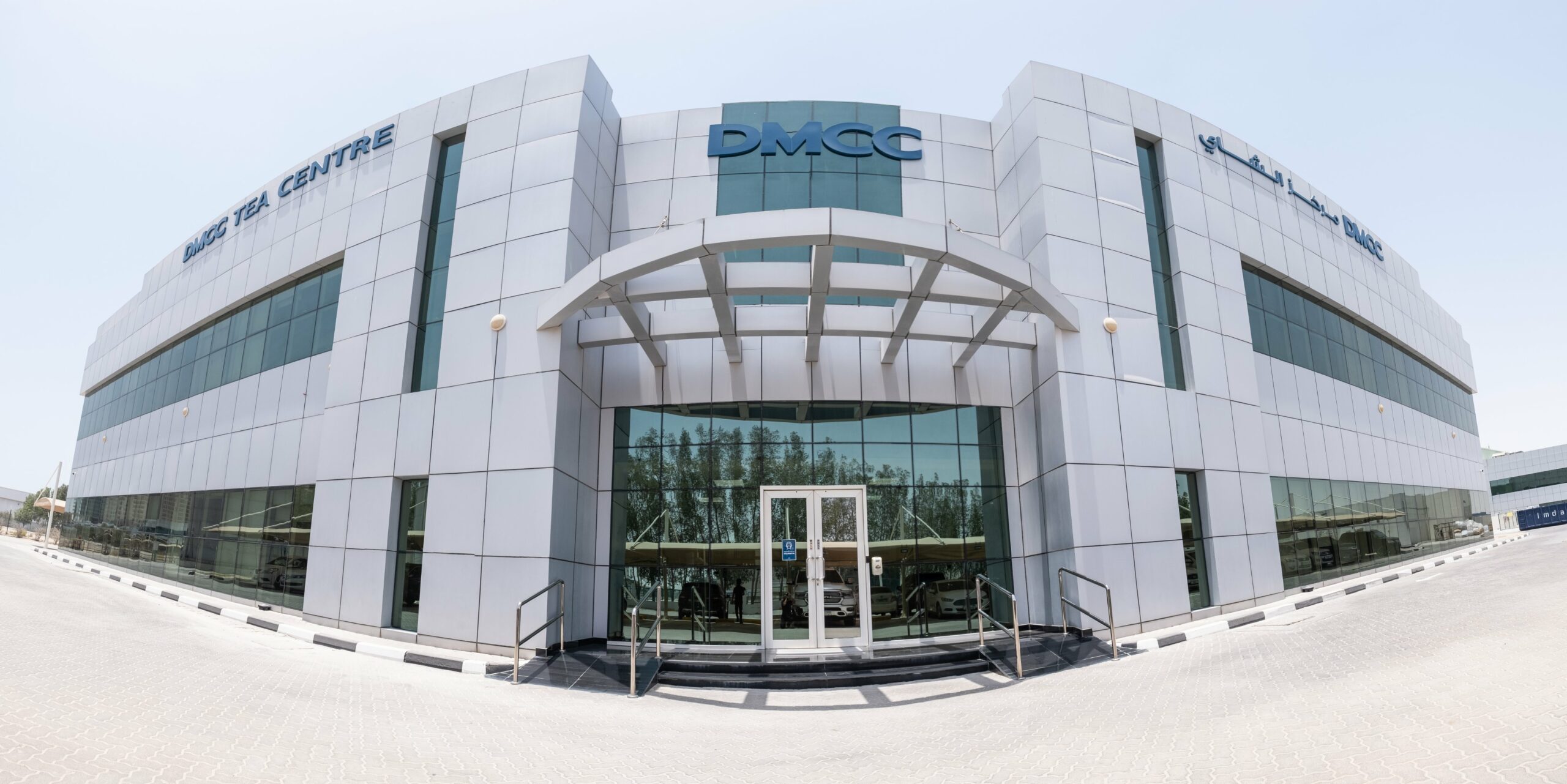After a five-year hiatus, the Dubai Multi Commodities Centre is hosting its biennial Global Tea Forum on April 25-27 at The Address Dubai Marina Hotel, with discounted tickets now available. Saeed Al Suwaidi, Director of Agri Commodities at DMCC and a respected executive and technologist, shares his perspective on some of the issues to be addressed during the DMCC Global Tea Forum in April.
- Caption: Saeed Al Suwaidi, Director of Agri Commodities at DMCC
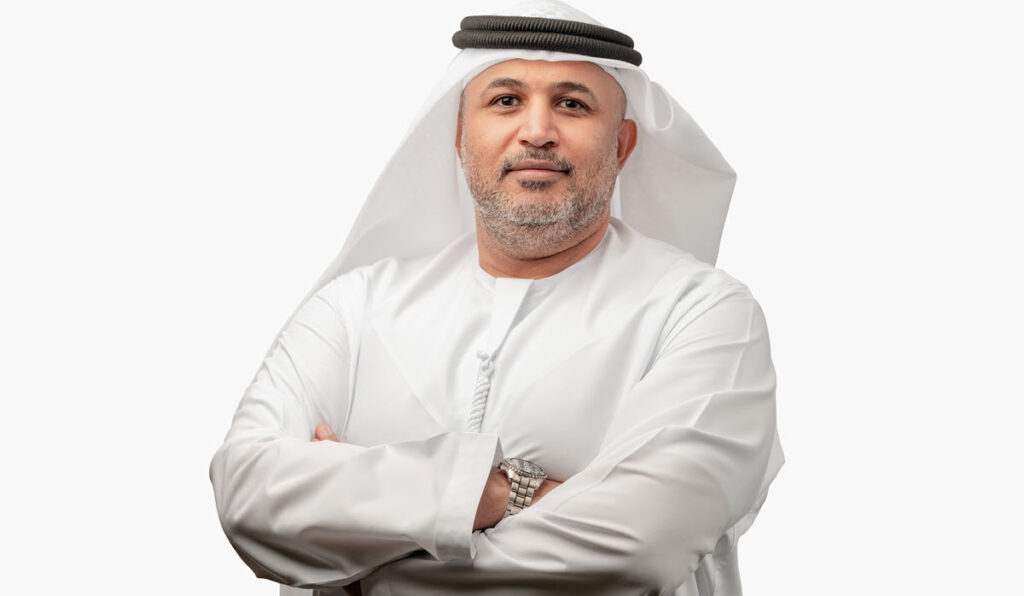
Exploring Consumer Trends and New Market Opportunities
By Dan Bolton
The Dubai Multi Commodities Centre, founded in 2002, is the world’s largest and most successful free trade zone, now supporting 18,000 companies from a wide range of industries and sectors.
DMCC’s Tea Center, founded in 2005, is a global hub for value addition and the top tea re-exporter in the world. Tea is one of the most widely traded commodities worth nearly $50 billion, expected to grow by more than 40% this decade.
Dan Bolton: This year’s theme, Unpacking the Future of Tea: From Consumer Trends to New Market Opportunities, is compelling, given the upheaval the tea industry has experienced since the forum last convened in 2018. Will you share with listeners your perspective and describe some of the issues to be addressed during the DMCC Global Tea Forum?
Saeed Al Suwaidi: It’s amazing how everything in this industry is restarting, almost a reset. People are looking at it with fresh eyes. I mean, one of the things about this year is that it’s not an exceptional year. The past five years for us have been very different with COVID lockdowns, and everything that happened during those years changed us, and with that being said, there’s much eagerness for everything to resume almost as normal.
During the lockdown, what happened?
The main thing that’s happened is people experimented. Everybody had some tea in their cupboard and didn’t know all the nice things about it. So now, with everything open again, they’re more into experimenting with the world of tea. One of the things that we want to know is what we can bring to the table and what the world can bring to the table regarding tea and everything around it.
People call it the poor man’s drink because it’s accessible to everybody. It’s widely traded, and it’s over $50 billion worth of trade annually, and this is going up by at least 30 to 35 to 40% in the next ten years, so there are many opportunities. During COVID and right after COVID, everything that happened to the shipping industry affected everything, how things move and how tea moved. Now, it’s less economical for certain places to have tea than they would wish with the rising cost of shipping and the constraints within shipping. This is something that we want to touch on in the forum as well as to find the best ways of maneuvering trade routes. Our theme is, Unpacking the Future of Trade to see if we and everybody can add value so that everybody in the value chain benefits, and most importantly, end consumers anywhere to have something in their cupboard. So, we want to encourage the industry to see where there’s more value.
Dan: DMCC has undergone several changes in the past five years. DMCC’s tea center continued to expand its trade capacity as the world’s top tea re-exporter, opened a new coffee trading center, its first lounge, and weathered economic turmoil stirred by the pandemic while deftly managing logistics under duress. Will you update us on DMCC’s current initiatives? I heard that trading cocoa is under consideration.
Saeed: The DMCC Tea Center has been here for 16 years. We celebrated our 16th year this year, and the DMCC Coffee Center highlighted replicates that model in the coffee industry.
We went through the rough times of COVID just after its launch, but we are full steam ahead. Capturing the coffee business makes sense, especially logistics-wise. We’ve become a much better logistical center for these two commodities and are now looking at cocoa.
The cocoa industry is much more complex than coffee and tea, but we are looking at it seriously. You know, the majority of everything chocolate is mainly from West Africa. Our sister companies and logistics partners would help ease the movement of everything, chocolate, in terms of by-products, and so forth. We’re [also] looking closely into spices and tree nuts.
Let’s establish a center focusing on tree nuts and certain spices that can work together. We’re looking at things that won’t cross-contaminate and so forth.
We saw record growth last year, something that’s drawn our attention regarding forecasting for the future. We are considering expanding two or three-fold from where we are today.
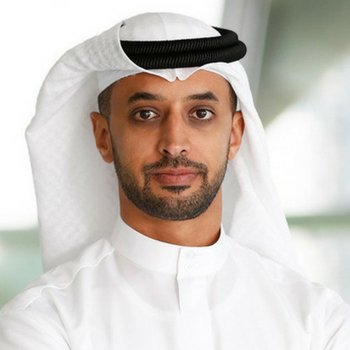
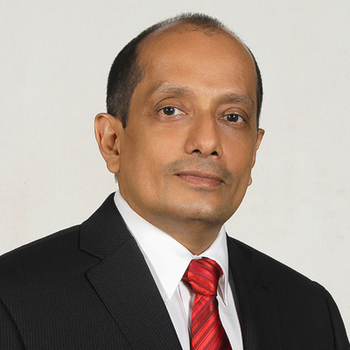
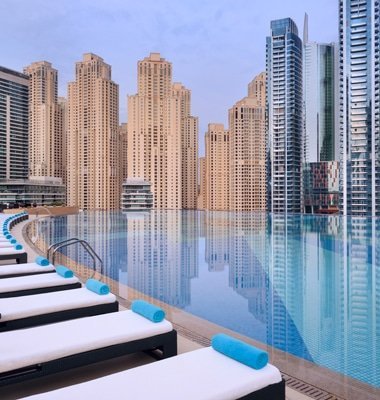
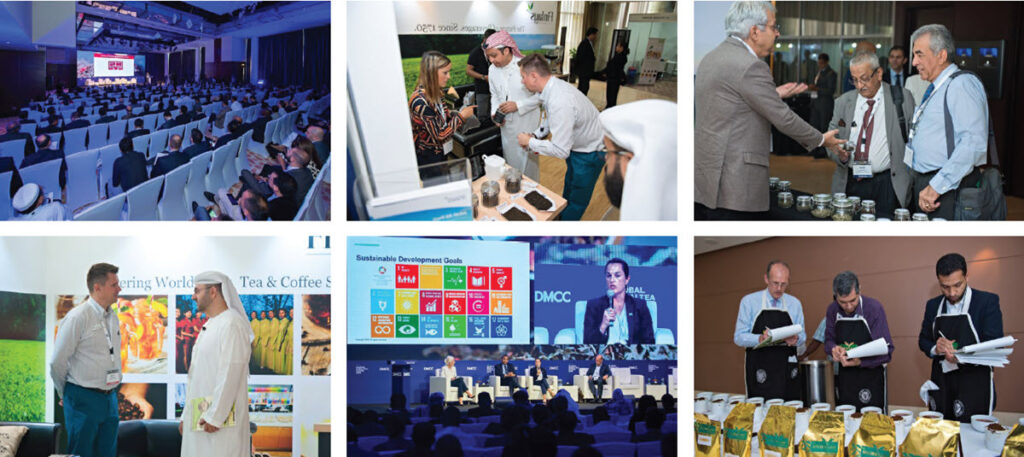
“Capturing the coffee business makes sense, especially logistics-wise. We’ve become a much better logistical center for these two commodities and are now looking at cocoa.”
– Saeed Al Sawaidi
Dan: DMCC brought you on board in part for your technological expertise, and I emphasize that because the future you are discussing is deeply interwoven with technology. Tell us a little about your background.
Saeed: All my entire career, I worked in technology, starting from Fortune 500 companies to government entities in the UAE, semi-government entities in the UAE, and American establishments wanting to get their foot inside the GCC or North Africa.
I have always had a big interest, funny enough, with both coffee and tea all my life. So, I visited tea estates in Asia and various establishments and brands of tea and coffee.
When I saw this opportunity, I wanted to be part of this amazing organization. It is and has been the number one free zone in the world for the past eight years and captured the number one spot of rough diamond trading in the world as well.
This means that they are the best, so of course, I wanted to be part of this organization. I saw the opportunities there, and what we can bring in with technology. You must be very fast in adaptation of movement and changing, and this was not the case overall with the tea industry. So yes, it’s the case somewhat of Dubai as we really adapt and change. But when it comes down to industries, like tea, especially, it’s not that kind of speed to change. One of the things that I want to change is how fast we can adapt to changes in this industry. I think when you look at this place specifically the tea business criteria, with a vision set by the Executive Chairman and Chief Executive Officer, Ahmed Bin Sulayem, is to set up a tea center out of the tea growing regions to be a hub for tea, it’s not an easy task and also no one would think to have a center like this in a place like Dubai.
Not everybody will buy it, and there was a very clear understanding of the movement for this to be established. We saw exceptional growth last year, and in the Agri Commodities, we’ve seen more than triple-digit and quadruple-digit growth in certain verticals.
Dan: I believe the future you’re describing is deeply interwoven with technology.
Saeed: I agree. There’s a lot of things that happened over the last two decades, specifically in technology if we’re talking about coffee and tea; what’s happened in coffee is we see more and more, like, you know, and retailers are getting in touch with farmers, and this is due to technology.
You have all these traders in the middle, like, shrink. There’s more money going toward the farmers, and this is one of the better things happening today, both in tea and coffee.
In terms of price discovery, farmers anywhere, whether in Sri Lanka, India, Kenya, or China, you name it, didn’t know the price their commodity gets. Due to technology, they now know. You had all these traders in the middle who would trade, and trade and trade, driving up prices and leaving the farmers out of the equation. Today both of our centers are working with governments because this is one of the only places where you can still own the tea and stilt own the coffee and your other commodities; whether it’s transferred or changed, or whatever, you can still own it throughout that value chain, and you retain the value, and this can really make a difference for estate owners.
Dan: What have you most enjoyed about this position?
Saeed: There’s so much to learn from everybody in the industry. I love learning, and this is a continuous thing. I have that mindset every day from farmers. I literally have everybody within the value chain to see. So I know the strains of the state owners and people who grow the tea, and people who buy it, and how to get to the end shipping and all of this, I see everything from start to end, and then the end product goes up goes on the shelf so to see that, and to see what can we add to have better is for more people around the world to consume this amazing beverage.
People understand that coffee 20 years ago, you would have your regular coffee. Today, there is a specialty coffee and different ways of extraction and everything.
I think this is just happening right now in tea. We see a lot of companies that are into extracting tea into new formats, and we see new machinery and tea. When you look at the coffee side, you have all these amazing machines, and you have all these different ways and different cups and mugs and so forth.
But when it comes down to tea, you just have your regular cup. This is changing right now and we’re going to see this with bubble tea and all of these kinds of new trends, such as adding tea to different ingredients and so forth, where coffee can’t be. I think we’re just seeing the beginning of that.
Link to share this post with your colleagues
Signup to receive Tea Biz weekly newsletter in your inbox.
